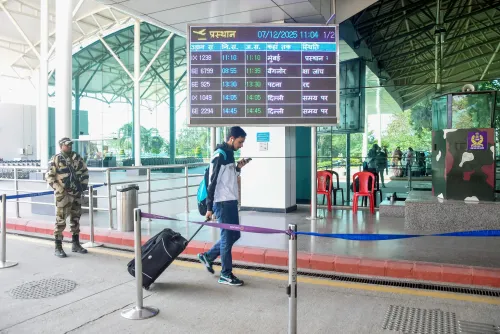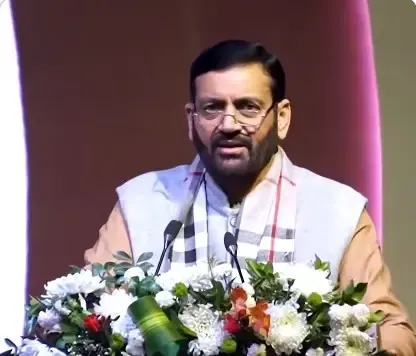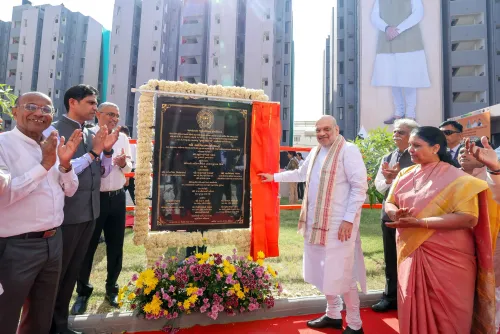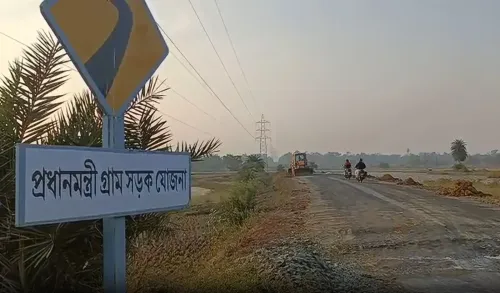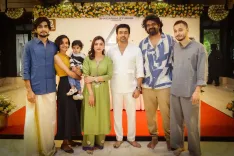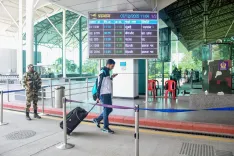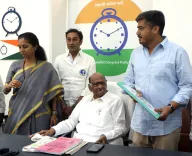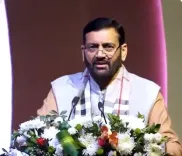Gujarat Government Imposes Rs 1 Lakh Cap on Housing Society Transfer Fees to Prevent Excessive Charges
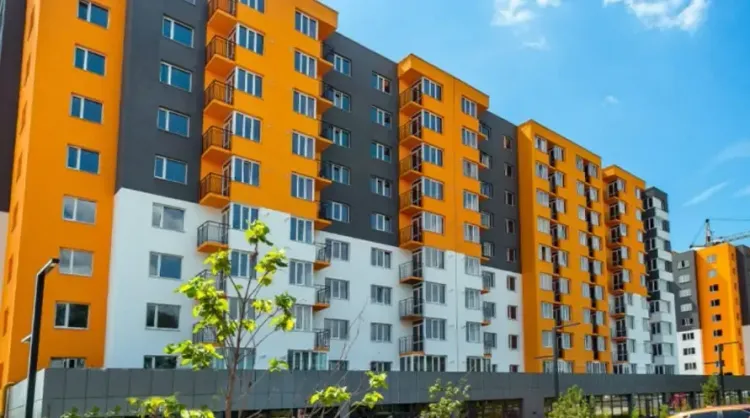
Synopsis
Key Takeaways
- Transfer fees capped at Rs 1 lakh.
- 0.5% of total consideration amount limit.
- Exemption for inherited properties.
- Bans on misleading charges.
- Benefits millions of residents.
Gandhinagar, March 3 (NationPress) In a significant reform affecting over 30,000 housing and housing service societies throughout Gujarat, the state government announced a legal limitation on transfer fees associated with property transactions on Monday.
As per the newly revised Cooperative Act of 2024, societies are restricted from charging more than 0.5 percent of the total consideration amount, with a maximum cap of Rs 1 lakh.
According to Gujarat Cooperation Minister Jagdish Vishwakarma, this measure aims to mitigate arbitrary and inflated transfer fees imposed by housing societies, which have been a rising concern for homebuyers.
Minister Vishwakarma pointed out that the state government has received numerous complaints about societies imposing exorbitant transfer fees due to the lack of specific regulations.
In response, the state government has amended the Cooperative Act, bringing essential clarity and fairness to the process.
While Rs 1 lakh is the maximum limit, societies can establish lower fees through their bye-laws but must not exceed the defined cap.
The new amendment also provides considerable relief for property owners transferring homes to their legal heirs.
If a property is inherited without any monetary transaction, no transfer fee will apply.
Additionally, housing societies are now banned from imposing extra charges under deceptive names such as development fees, donations, or other hidden costs during property transfers.
This initiative is anticipated to enhance transparency and fairness in the operations of cooperative housing societies, benefiting millions of residents across Gujarat.
Minister Vishwakarma stated that the decision has been well-received and will ensure that homebuyers and sellers are not subjected to arbitrary charges levied by society presidents and committee members.
The Gujarat government has been actively pursuing various housing schemes aimed at providing affordable housing for its residents.
The Gujarat Housing Board (GHB), established in 1961, focuses on building residential complexes for Below Poverty Line, Economically Weaker Section (EWS), and Low-Income Group (LIG) families.
In 2025, GHB revealed plans to develop 80 residential units in Jetpur, Rajkot — 48 for EWS and 32 for LIG — along with 150 LIG units in Surat's Sardar Nagar Colony.
Furthermore, 868 Middle-Income Group (MIG) units are planned for Navsari, Surat.
Under the Pradhan Mantri Awas Yojana – Urban, Gujarat has emerged as a leading state, constructing 54,474 houses since 2014-15, representing 18.70 percent of the total 2.91 lakh houses built nationwide under the scheme.
However, there has been a 17.5 percent decline in houses constructed under the PMAY-Gramin scheme, with numbers falling from 77,263 in 2021-22 to 63,765 in 2022-23.
The Affordable Housing Mission in Gujarat also focuses on slum rehabilitation and redevelopment, aiming to improve living conditions for urban poor populations.
Despite these efforts, challenges persist, as 83 percent of houses under the 'Housing for All' initiative remain unallocated to landless poor families, indicating a demand for more inclusive distribution.


